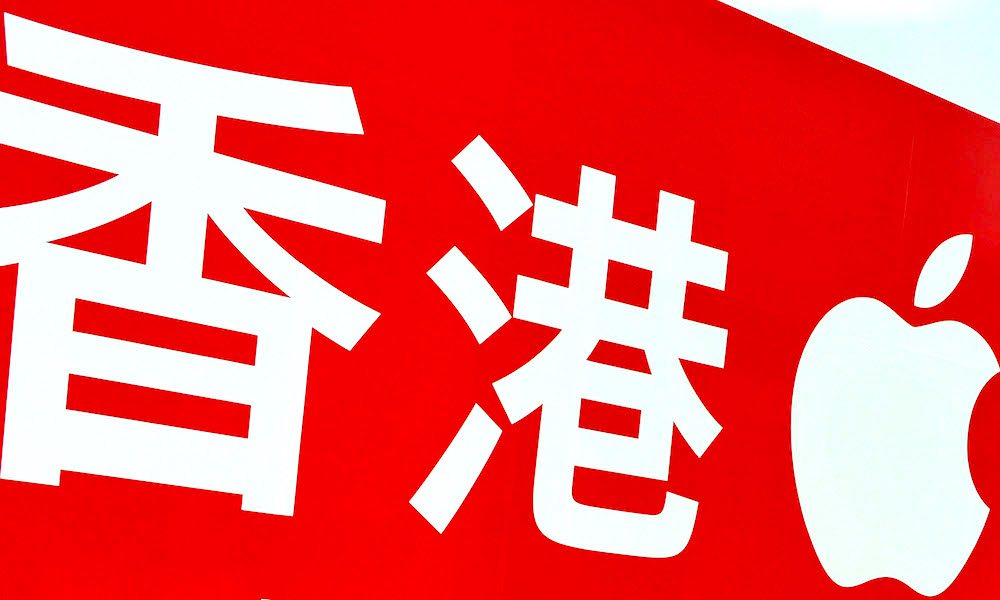Chinese Developers File Antitrust Complaint Against Apple

A group of Chinese app developers has filed a complaint against Apple, alleging that the company had violated antitrust regulations in its App Store. And the complaint is only the latest sign of Apple’s increasing trouble in the country.
The complaint, which was filed with Chinese regulators, accuses Apple of anticompetitive and monopolistic behavior. The group of developers allege that Apple charges excessive fees for in-app purchases, doesn’t give explanations or details for arbitrary app removal, and doesn’t respond to queries in Chinese — putting local developers are a disadvantage — according to The Wall Street Journal.
The case was filed by Beijing-based law firm Dare & Sure, and sent to two separate Chinese regulatory entities: the National Development and Reform Commission and the State Administration for Industry & Commerce. “Steve Jobs represented the American dream. But Apple’s unequal treatment of China’s young developers stops them from realizing their China dream,” Dare & Sure’s Lin Wei said in a statement.
Apple began cracking down on illegitimate apps earlier this year, which resulted in the removal of over 58,000 Chinese apps. According to the developer’s complaint, Chinese app makers never received sufficient explanations for their apps being removed — and were often left waiting months before they were able to get their legitimate apps back onto the marketplace. Additionally, the developers allege that Apple takes too high of a cut for in-app purchases — around 30 percent. In China, in-app purchases on mobile platforms like Weibo are widely used for everyday transactions — from buying public transit tickets to ordering food.
China is an extremely important market for Apple, and specifically, its App Store. Apple made more money in China via its digital marketplace than any other country, according to research firm IDC. Apple’s iOS also has an edge over Android — its largest competitor — as Google Play is blocked within China.
An even bigger issue, Lin contends, is that Apple’s App Store doesn’t appear to have legal registration in China, making it technically illegal for the company to provide internet content within the country, according to The Financial Times. Apple, for its part, says that it does comply with all “local laws and regulations.” Despite that, analysts and tech executives are predicting that “Apple’s troubles [in China] have just started.” Specifically, as the company shifts from being, primarily, a hardware manufacturer to more of a content provider. The Chinese government notoriously restricts the flow of information and content, which could bring Apple’s Services business into further conflict with local regulatory bodies.
The Cupertino-based tech giant has already compromised on several issues in China. Last month, Apple removed all major VPN apps in the country in accordance with new Chinese regulations that required the anonymity platforms to be explicitly approved and licensed by the government. The company also recently opened its first data center in China, allowing it to store user information locally.
[Source”cnbc”]